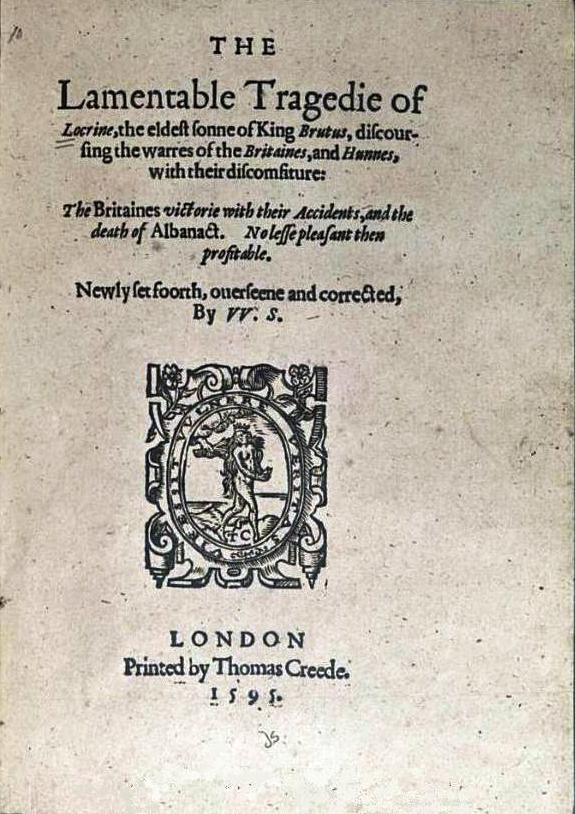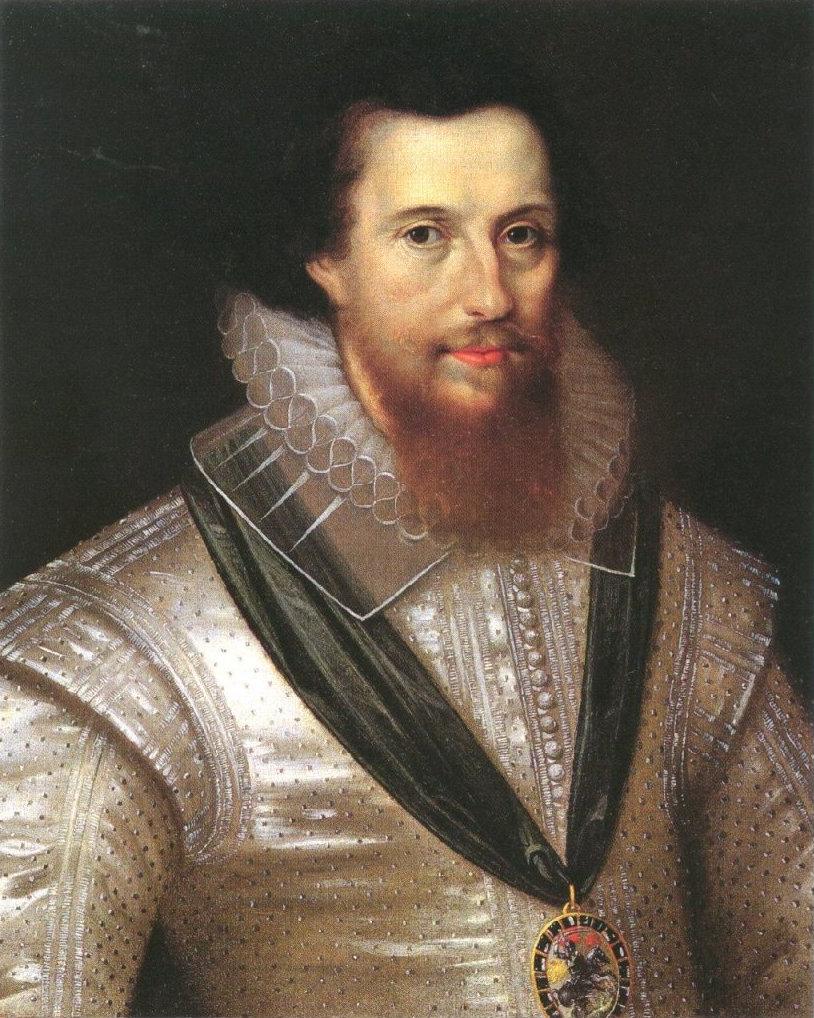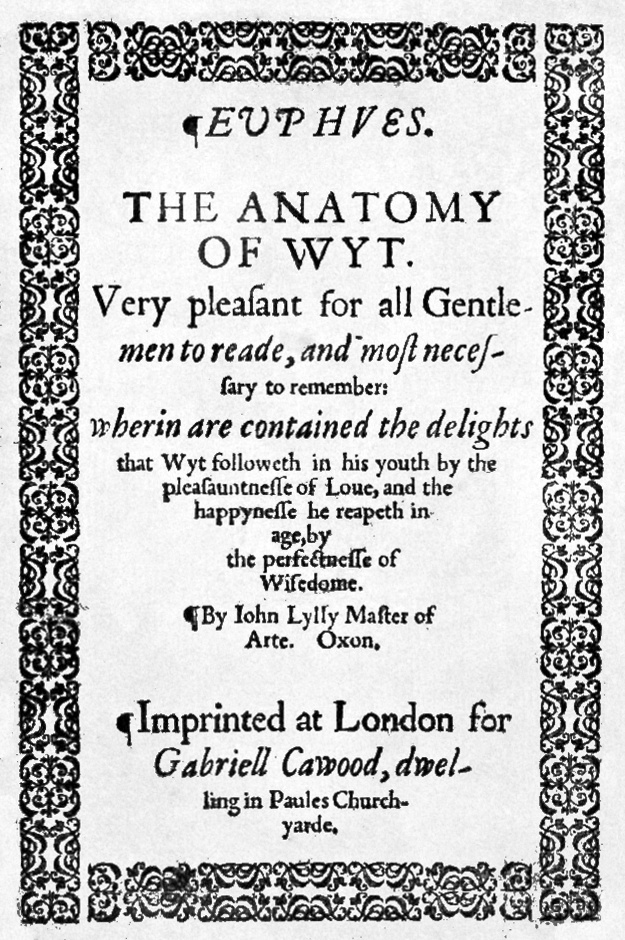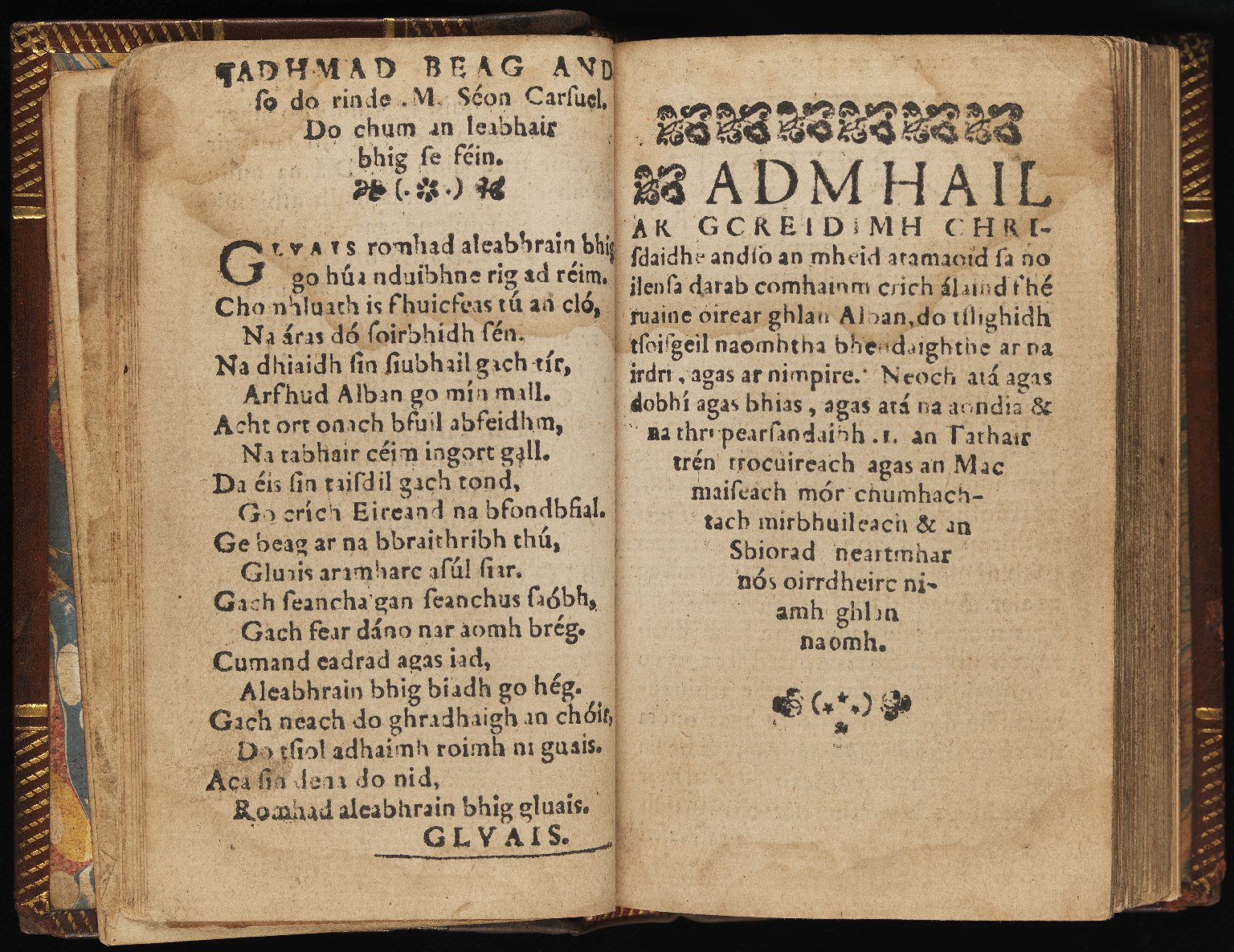|
1586 In Literature
This article contains information about the literary events and publications of 1586. Events *September 19 – The English poet Chidiock Tichborne, imprisoned in the Tower of London on the eve of being hanged, drawn and quartered for his part in the Babington Plot, writes his ''Elegy'' ("My prime of youth is but a frost of cares"). *September 22 – The English poet, critic, courtier and soldier Sir Philip Sidney is fatally wounded at the Battle of Zutphen. *''unknown dates'' **Francis Bacon takes a new seat as MP in the Parliament of England, that of Taunton. **Oxford University Press is recognised in a decree of the Star Chamber in England. New books Prose *Caesar Baronius – ''Roman martyrology'' (new edition) *William Camden – ''Britannia'' (in Latin) *Dirck Volckertszoon Coornhert – ''Zedekunst'' (Art of Ethics) *Angel Day – ''The English Secretary'' * Robert Greene – ''Morando, the Tritameron of Love'' (part 2) * John Knox – ''Historie of the Reformatioun of R ... [...More Info...] [...Related Items...] OR: [Wikipedia] [Google] [Baidu] |
September 19
Events Pre-1600 * 85 – Nerva, suspected of complicity of the death of Domitian, is declared emperor by Senate. The Senate then annuls laws passed by Domitian and orders his statues to be destroyed. * 634 – Siege of Damascus: The Rashidun Arabs under Khalid ibn al-Walid capture Damascus from the Byzantine Empire. *1356 – Battle of Poitiers: An English army under the command of Edward the Black Prince defeats a French army and captures King John II. *1410 – End of the Siege of Marienburg: The State of the Teutonic Order repulses the joint Polish— Lithuanian forces. 1601–1900 * 1676 – Jamestown is burned to the ground by the forces of Nathaniel Bacon during Bacon's Rebellion. *1777 – American Revolutionary War: British forces win a tactically expensive victory over the Continental Army in the First Battle of Saratoga. *1778 – The Continental Congress passes the first United States federal budget. *1796 – George Washington' ... [...More Info...] [...Related Items...] OR: [Wikipedia] [Google] [Baidu] |
Dirck Volckertszoon Coornhert
Dirck Volckertszoon Coornhert (152229 October 1590), also known as Theodore Cornhert, was a Dutch writer, philosopher, translator, politician, theologian and artist. Coornhert is often considered the Father of Dutch Renaissance scholarship. Biography Coornhert was the youngest son of Volckert Coornhert, an Amsterdam cloth merchant. As a child he spent some years in Spain and Portugal. Returning home, he was disinherited by his father's will in 1539, for his marriage with Cornelia (Neeltje) Simons, a portionless gentlewoman from Haarlem, whose sister was Anna Simonsdr, the mistress of Reginald (Reinoud), count of Brederode (they were the parents of Lucretia van Brederode). He was only seventeen and she was twelve years older. Through his sister-in-law, he became major-domo to Reginald at his castle in Vianen for a short time. Soon after that, in 1541, he bought a house in his wife's home town of Haarlem on the St. Janssteeg from Anna and her husband Jan. Though he started off wo ... [...More Info...] [...Related Items...] OR: [Wikipedia] [Google] [Baidu] |
Thomas Nashe
Thomas Nashe (baptised November 1567 – c. 1601; also Nash) was an Elizabethan playwright, poet, satirist and a significant pamphleteer. He is known for his novel ''The Unfortunate Traveller'', his pamphlets including ''Pierce Penniless,'' and his numerous defences of the Church of England. Life Nashe was the son of the parson William Nashe and Janeth (née Witchingham). He was born and baptised in Lowestoft, on the coast of Suffolk, where his father, William Nashe, or Nayshe as it is recorded, was curate. Though his mother bore seven children, only two survived childhood: Israel (born in 1565) and Thomas.Nicholl, Charles. ''A Cup of News: The Life of Thomas Nashe''. Routledge & Kegan Paul. 1984. The family moved to West Harling, near Thetford, in 1573 after Nashe's father was awarded the living there at the church of All Saints. Around 1581 Thomas went up to St John's College, Cambridge, as a sizar, gaining his bachelor's degree in 1586. From references in his own polemics ... [...More Info...] [...Related Items...] OR: [Wikipedia] [Google] [Baidu] |
Christopher Marlowe
Christopher Marlowe, also known as Kit Marlowe (; baptised 26 February 156430 May 1593), was an English playwright, poet and translator of the Elizabethan era. Marlowe is among the most famous of the Elizabethan playwrights. Based upon the "many imitations" of his play ''Tamburlaine,'' modern scholars consider him to have been the foremost dramatist in London in the years just before his mysterious early death. Some scholars also believe that he greatly influenced William Shakespeare, who was baptised in the same year as Marlowe and later succeeded him as the pre-eminent Elizabethan playwright. Marlowe was the first to achieve critical reputation for his use of blank verse, which became the standard for the era. His plays are distinguished by their overreaching protagonists. Themes found within Marlowe's literary works have been noted as humanistic with realistic emotions, which some scholars find difficult to reconcile with Marlowe's "anti-intellectualism" and his caterin ... [...More Info...] [...Related Items...] OR: [Wikipedia] [Google] [Baidu] |
Miguel De Cervantes
Miguel de Cervantes Saavedra (; 29 September 1547 (assumed) – 22 April 1616 Old Style and New Style dates, NS) was an Early Modern Spanish writer widely regarded as the greatest writer in the Spanish language and one of the world's pre-eminent novelists. He is best known for his novel ''Don Quixote'', a work often cited as both the first modern novel and one of the pinnacles of world literature. Much of his life was spent in poverty and obscurity, which led to many of his early works being lost. Despite this, his influence and literary contribution are reflected by the fact that Spanish is often referred to as "the language of Cervantes". In 1569, Cervantes was forced to leave Spain and move to Rome, where he worked in the household of a Cardinal (Catholic Church), cardinal. In 1570, he enlisted in a Spanish Marine Infantry, Spanish Navy infantry regiment, and was badly wounded at the Battle of Lepanto in October 1571. He served as a soldier until 1575, when he was captur ... [...More Info...] [...Related Items...] OR: [Wikipedia] [Google] [Baidu] |
Locrine
''Locrine'' is an Elizabethan play depicting the legendary Trojan founders of the nation of England and of Troynovant (London). The play presents a cluster of complex and unresolved problems for scholars of English Renaissance theatre. Date ''Locrine'' was entered into the Stationers' Register on 20 July 1594 and published in 1595 in a quarto issued by printer Thomas Creede. Individual scholars have proposed dates for the play from the early 1580s on; many have favored a date c. 1591, based on the play's links with other works of the era. It has been argued, for example, that ''Locrine'' borrows from the ''Complaints'' of Edmund Spenser, published in 1591, and from ''The Complaint of Elstred,'' a poem by Thomas Lodge, written c. 1591, that circulated in manuscript before its first printing in 1593. The question of the play's date is complicated by the question of its authorship; if Charles Tilney was the play's author (see below), it must date prior to Tilney's death in 1586. Au ... [...More Info...] [...Related Items...] OR: [Wikipedia] [Google] [Baidu] |
George Whetstone
George Whetstone (1544? – 1587) was an English dramatist and author. Biography Whetstone was the third son of Robert Whetstone (d. 1557), a member of a wealthy family that owned the manor of Walcot Hall, Northamptonshire, Walcot at Barnack, near Stamford, Lincolnshire, Stamford, Lincolnshire. George appears to have had a small inheritance which he soon spent, and he complains bitterly of the failure of a lawsuit to recover a further inheritance of which he had been unjustly deprived. In 1572 he joined an English regiment on active service in the Low Countries, where he met George Gascoigne and Thomas Churchyard. Gascoigne was his guest at Walcot when he died in 1577, and Whetstone commemorated his friend in a long elegy. Whetstone's first published work, the ''Rocke of Regard'' (1576), consisted of tales in prose and verse adapted from the Italian, and in 1578 he published ''The right, excellent and famous Historye of Promos and Cassandra'', a play in two parts, drawn from the ei ... [...More Info...] [...Related Items...] OR: [Wikipedia] [Google] [Baidu] |
Luis Barahona De Soto
Luis Barahona de Soto (1548 – 5 November 1595) was a Spanish poet. Born at Lucena (Cordoba), he was educated at Granada, and practised as a physician at Archidona (Málaga). His major work is the ''Primera parte de la Angélica'' (1586), a continuation of the '' Orlando furioso''. The second part of the poem was long believed to be lost, but fragments of it have been identified in the anonymous ''Diálogos de la monteria'', first printed in 1890; the ''Diálogos'' also embody fragments of a poem by Barahona entitled ''Los Principios del mundo'', and many graceful lyrics by the same writer have been published by Francisco Rodríguez Marín. Miguel de Cervantes describes Barahona as "one of the best poets not only in Spain, but in the whole world"; this is friendly hyperbole. Nevertheless Barahona has poetic imagination, ingenious fancy, and an exceptional mastery of the methods transplanted to Spain from Italy Italy ( it, Italia ), officially the Italian Republic, ) o ... [...More Info...] [...Related Items...] OR: [Wikipedia] [Google] [Baidu] |
George Puttenham
George Puttenham (1529–1590) was an English writer and literary critic. He is generally considered to be the author of the influential handbook on poetry and rhetoric, ''The Arte of English Poesie'' (1589). Family and early life Puttenham was the second son of Robert Puttenham of Sherfield-on-Loddon in Hampshire and his wife Margaret, the daughter of Sir Richard Elyot and sister of Sir Thomas Elyot. He had an elder brother, Richard. He matriculated at Christ's College, Cambridge, in November 1546, aged 17, but took no degree, and was admitted to the Middle Temple on 11 August 1556. In late 1559 or early 1560 Puttenham married Elizabeth, Lady Windsor (1520–1588), the daughter and coheir of Peter Cowdray of Herriard, Hampshire. She was the widow of both Richard, brother of William Paulet, 1st Marquess of Winchester, and William, Baron Windsor. She brought a substantial dowry to the marriage. They had at least one daughter. Somewhere around 1562, Puttenham travelled abroad t ... [...More Info...] [...Related Items...] OR: [Wikipedia] [Google] [Baidu] |
Jerónimo Osório
Jerónimo Osório da Fonseca (1506 – 20 August 1580) was a Portuguese Roman Catholic humanist bishop, historian and polemicist. An extensive notice of his life and thought (''Vita'') was written by his nephew, a canon of Évora also named Jerónimo Osório, to introduce his edition of his uncle's ''Complete Works'' (dedicated to King Philip I of Portugal) published in 1592. Life Young life and education Osório was a native of Lisbon and one of two sons of João Osório de Fonseca, and Francisca, daughter of Affonso Gil de Gouveia, Ouvidor of the lands of the Infante Ferdinand, both families of aristocratic lineage. His father, appointed by John III to be Ouvidor Geral (Auditor-General) of Portuguese rule in India, went alone, and there found himself under the authority of Vasco da Gama. Jerónimo, at school in Portugal, showed such prodigious ability in Latin that in 1519, when aged 13, his mother sent him to Salamanca in Spain to study civil law. Two years later, wit ... [...More Info...] [...Related Items...] OR: [Wikipedia] [Google] [Baidu] |
John Lyly
John Lyly (; c. 1553 or 1554 – November 1606; also spelled ''Lilly'', ''Lylie'', ''Lylly'') was an English writer, dramatist of the University Wits, courtier, and parliamentarian. He was best known during his lifetime for his two books '' Euphues: The Anatomy of Wit'' (1578) and its sequel ''Euphues and His England'' (1580), but perhaps best remembered now for his plays. Lyly's distinctive and much imitated literary style, named after the title character of his two books, is known as ''euphuism''. Biography John Lyly was born in Kent, England, in 1553/1554, the eldest son of Peter Lyly and his wife, Jane Burgh (or Brough), of Burgh Hall in the North Riding of Yorkshire. He was probably born either in Rochester, where his father is recorded as a notary public in 1550, or in Canterbury, where his father was the Registrar for the Archbishop Matthew Parker and where the births of his siblings are recorded between 1562 and 1568. His grandfather was William Lily, the grammarian ... [...More Info...] [...Related Items...] OR: [Wikipedia] [Google] [Baidu] |
John Knox
John Knox ( gd, Iain Cnocc) (born – 24 November 1572) was a Scottish minister, Reformed theologian, and writer who was a leader of the country's Reformation. He was the founder of the Presbyterian Church of Scotland. Born in Giffordgate, a street in Haddington, East Lothian, Knox is believed to have been educated at the University of St Andrews and worked as a notary-priest. Influenced by early church reformers such as George Wishart, he joined the movement to reform the Scottish church. He was caught up in the and political events that involved the murder of Cardinal David Beaton in 1546 and the intervention of the regent Mary of Guise. He was taken prisoner by French forces the following year and exiled to England on his release in 1549. While in exile, Knox was licensed to work in the Church of England, where he rose in the ranks to serve King Edward VI of England as a royal chaplain. He exerted a reforming influence on the text of the ''Book of Common Prayer''. ... [...More Info...] [...Related Items...] OR: [Wikipedia] [Google] [Baidu] |





